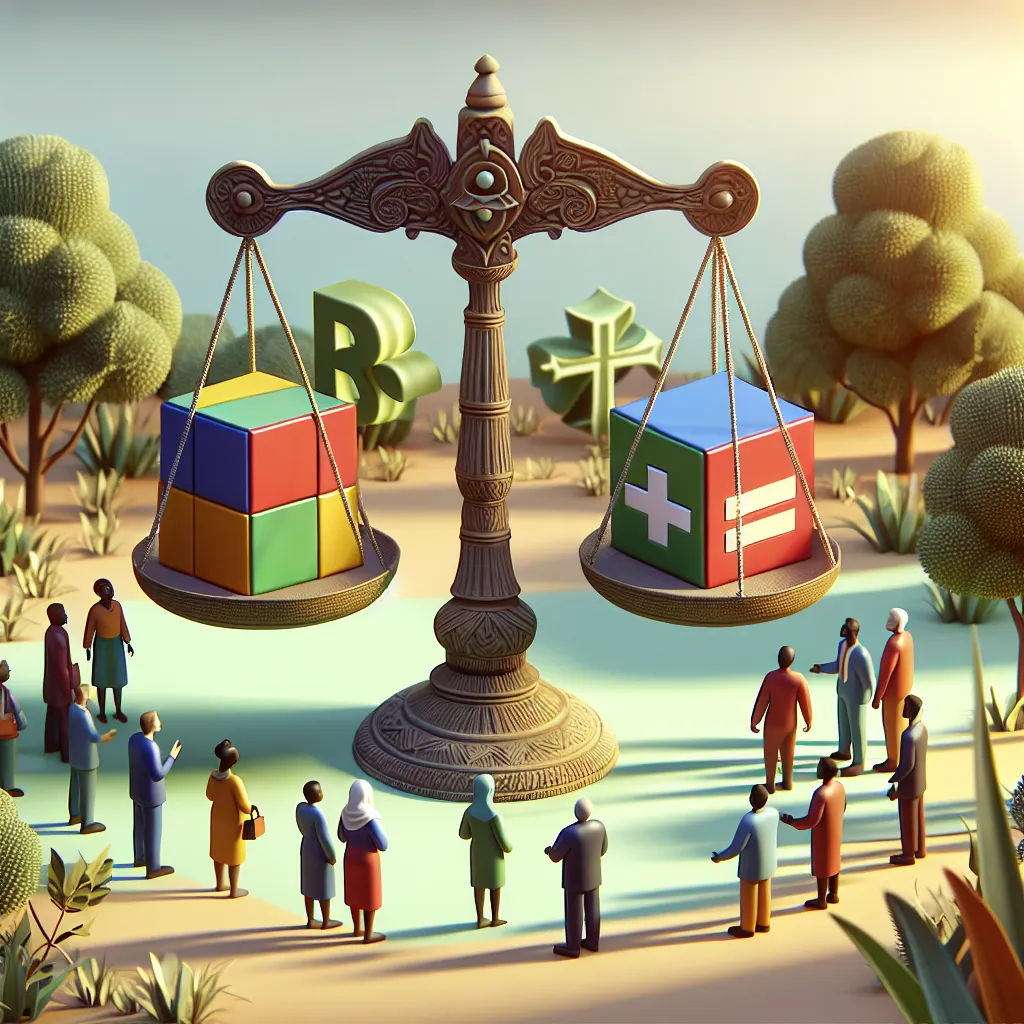Understanding the Fundamentals of Ethics: An In-Depth Analysis
Ethics, at its core, is a branch of philosophy that deals with questions about what is morally right and wrong, good and bad, fair and unfair. It is a guide for human behavior and decision-making, both in personal life and professional practice. In this article, we will explore the fundamental concepts of ethics, the various ethical theories that guide our moral reasoning, and the importance of ethical practice in various fields.
What are Ethics?
Ethics are a set of moral principles that dictate an individual’s or group’s behavior. It helps us navigate the complexities of life, providing a framework for understanding and evaluating our actions and the actions of others. Ethics encompasses a variety of issues, including how to live a good life, the nature of righteousness, and the standards by which we judge behavior to be right or wrong.
The Different Types of Ethical Theories
Ethical theories can generally be categorized into three main areas: deontological ethics, consequentialist ethics, and virtue ethics. Deontological ethics is concerned with the inherent morality of actions, suggesting that certain actions are morally obligatory, regardless of their outcomes. Consequentialist ethics (including utilitarianism), on the other hand, assesses the morality of actions based on the outcomes they produce, positing that the most ethical action is the one that results in the greatest good for the greatest number of people. Virtue ethics focuses on the virtues, or moral character, of the individual, rather than on specific actions, emphasizing the importance of developing good habits and character traits.
The Importance of Ethics in Society
Ethics is essential for the orderly functioning of society. It provides a basis for laws and social norms, influencing how we interact with others and the expectations we have for ourselves and those around us. In professions such as medicine, law, and business, ethical guidelines are critical as they foster trust, credibility, and fairness in professional practice. These guidelines serve to protect the interests of both the professionals and those they serve, highlighting the consequences of unethical behavior.
Ethics in the Business World
Business ethics is a significant area of focus, as companies are expected to operate in a manner that is not only legal but also ethical. Business ethics involves issues such as corporate governance, insider trading, bribery, discrimination, corporate social responsibility, and fiduciary responsibilities. Ethical business practices can lead to a positive corporate image, customer satisfaction, and ultimately, business success. Unethical practices, however, can lead to legal action, loss of reputation, and financial ruin.
Ethical Decision Making
Making ethical decisions can be challenging, as it often requires balancing personal, professional, and societal values. A reliable approach to ethical decision-making involves identifying the ethical issues in question, considering the consequences of different courses of action, consulting various ethical guidelines or principles, and making a choice that aligns with the most important ethical priorities. Ethical decision-making models can assist individuals and organizations in this process, helping to clarify the ethical dilemmas and identify the most appropriate actions.
The Role of Moral Education
Education plays a pivotal role in the development of ethical reasoning. Through moral education, individuals can learn about ethical theories, develop critical thinking skills, and practice making ethical decisions. Schools and universities often incorporate ethics into their curricula, enabling students to discuss and debate moral dilemmas, learn from historical and contemporary examples, and apply ethical frameworks to real-world scenarios.
Ethical Challenges in Technology
The rapid advancement of technology poses new ethical challenges, particularly in the fields of artificial intelligence, biotechnology, and data privacy. Ethical questions arise concerning the development and use of these technologies, their impact on society, and the potential for misuse. For instance, AI raises questions about machine autonomy, the potential for job displacement, and the biases that can be inherent in algorithms. Addressing these challenges requires a multi-disciplinary approach, involving ethicists, technologists, policymakers, and the public.
Navigating Ethical Dilemmas
Ethical dilemmas occur when individuals or organizations are faced with situations where they must choose between two or more conflicting moral principles. Resolving these dilemmas can be difficult, requiring careful thought and the willingness to consider different perspectives. Professional codes of ethics, legal standards, and personal moral beliefs all come into play when navigating ethical dilemmas, with the goal of finding the most ethical resolution possible.
Conclusion
Ethics is an indispensable part of human life, steering us in our interactions with others and the decisions we make. By understanding the various ethical theories and incorporating ethical practices, individuals and organizations can foster trust, accountability, and respect in their relationships. As society continues to evolve, the importance of ethics remains constant, guiding us toward a more just and moral world. Whether in personal life or professional settings, ethical considerations are integral in shaping a harmonious society and ensuring the well-being of all its members.



Leave a Comment